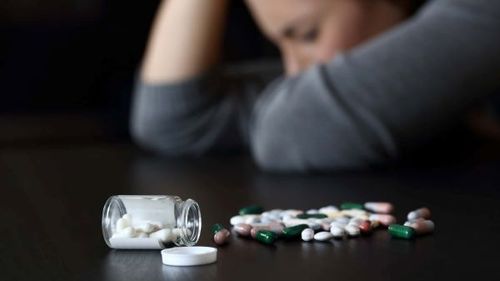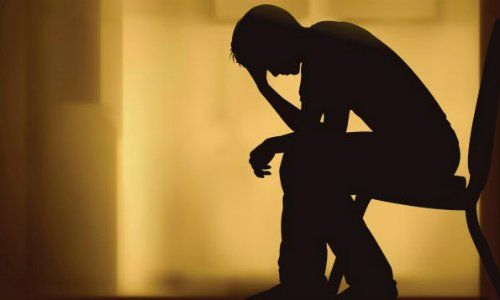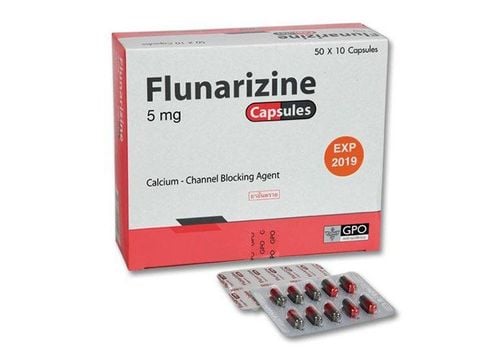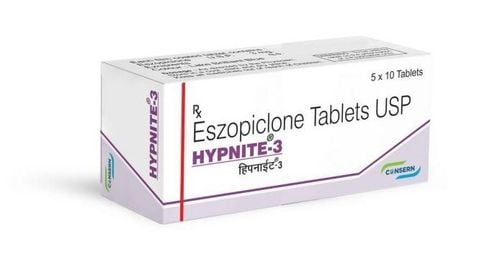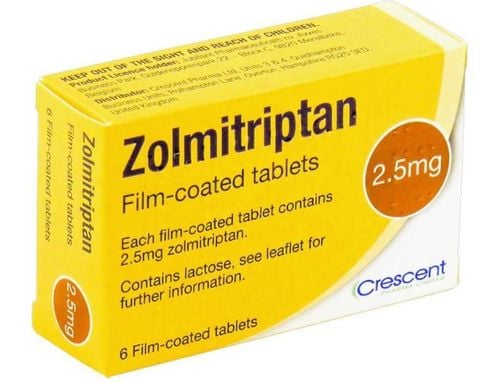This is an automatically translated article.
In today's modern life, depression is tending to increase rapidly, especially among young people. Early identification of signs of depression will help patients have a good treatment, avoid affecting mental and physical health.1. Physical symptoms of depression
Depression is not purely a mental illness, depression can actually cause physical changes. For example, it slows down digestion, leading to stomach problems. Because physical symptoms are common due to many different medical conditions, someone with depression may never be properly diagnosed. The patient herself does not realize that her physical problems are caused by a mental illness. Even many doctors miss this cause.
Depression may be related to malfunctioning neural networks or connections in areas of the brain that process emotional information. Some of these organs are also responsible for processing information to perceive physical pain. Therefore, many experts believe that depression can make you feel pain differently than the average person.
Chronic headaches are a fairly common symptom of depression. If you already have migraines, the condition may be worse when combined with depression. In addition, patients are also at increased risk of back pain, muscle pain, and joint pain. Chest pain is often a sign of serious heart, stomach, lung, or other problems. But depression is more likely to add to chest discomfort.
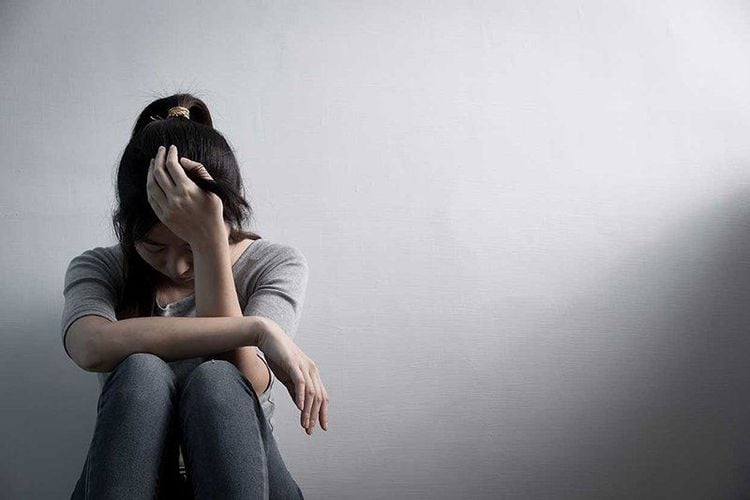
Trầm cảm có thể liên quan đến mạng lưới tế bào thần kinh hoặc các kết nối của vùng não xử lý thông tin cảm xúc bị hoạt động sai cách
Digestive problems : You may feel nauseous, have diarrhea or be constipated all the time. Exhaustion and fatigue: No matter how much sleep you get, you still feel tired. Waking up awake and getting out of bed in the morning becomes very difficult, even impossible. Difficulty sleeping: Many people with depression can no longer sleep well. They wake up too early or can't sleep when it's time. Other patients slept more than usual. Changes in appetite or weight: Some people experience depression with anorexia and weight loss, others experience cravings for certain foods such as carbohydrates and weight gain. Dizziness or lightheadedness : Feeling tired and often dizzy, lightheaded
2. Treatment of depression
You should not be subjective and assume that depression can go away. Ideally, when you notice the body has signs of depression, you should see a doctor to discuss more specifically about the current problem. Sometimes, treating depression with therapy or medication (or a combination of both) will control your physical symptoms. Antidepressants work to "modify" brain chemicals that neural networks use to communicate, making them work more efficiently. Some antidepressants — such as duloxetine (Cymbalta), venlafaxine (Effexor), and older tricyclic antidepressants — such as amitriptyline (Elavil) or desipramine (Norpramin), can also help relieve chronic pain.
In addition, your doctor may recommend an anti-anxiety medication or a sleep aid to treat insomnia and help you relax and sleep better.

Việc xác định sớm các dấu hiệu trầm cảm sẽ giúp người bệnh có hướng điều trị tốt
Because pain and depression sometimes go together, pain relief can also help you improve your depression. You can try cognitive behavioral therapy to learn how to better cope with pain.
Today depression is identified as a dangerous disease and leaves serious consequences if there is no timely treatment. Therefore, when the body shows signs of depression, even mild, you should not be subjective and should go to specialized medical facilities or Psychological Clinic - Vinmec International General Hospital for examination. by a team of highly qualified doctors from major hospitals.
During the examination, the doctor may conduct tests and psychotherapy to provide accurate diagnoses from which to have in-depth treatment for the client. Currently, the hospital has achieved certain successes and created trust with patients.
Please dial HOTLINE for more information or register for an appointment HERE. Download MyVinmec app to make appointments faster and to manage your bookings easily.
Reference source: webmd.com




